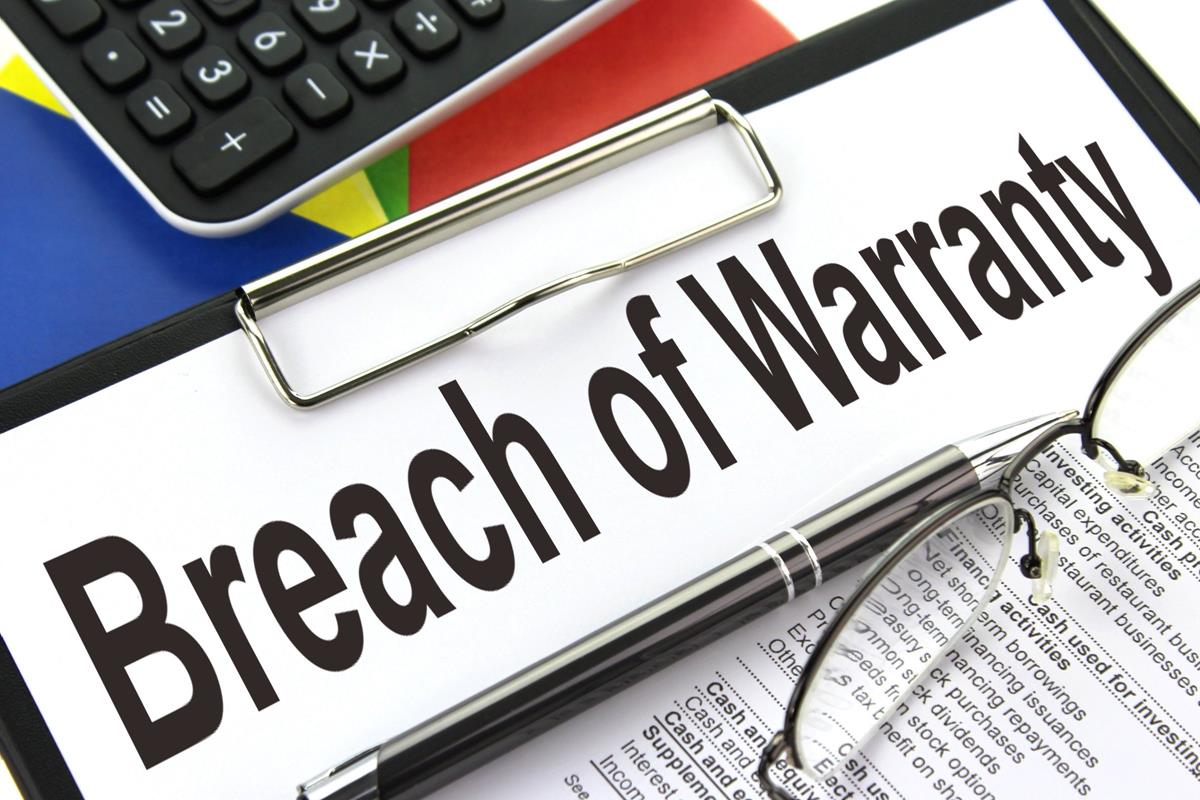
American automobile consumers are protected by several different laws and systems when buying a new vehicle. Far too often, a consumer excited to purchase a brand-new car get their new vehicle home only to soon realize the vehicle contains repeating, unfixable defects. If this happens to you, take consolation knowing that you aren’t alone. The National Highway Traffic Safety Administration (NHTSA) estimates consumers inadvertently purchase 150,000 of these “lemon” vehicles every year. The problems that make a vehicle a “lemon” can be caused by any number of issues. The defects making these vehicles “lemons” can range from cosmetic issues, like paint job problems or an odd smell, to major systemic problems including safety system failures or catastrophic engine failure.
Lemon cars can come from all manufacturers including Toyota, General Motors, Ford and every other major manufacturer. Defective vehicles can cost consumers thousands of dollars in unforeseen costs, whether it be unexpected towing, alternative transportation costs, lost work hours and any other costs as a result of your vehicle going into the shop.
Defects can arise from any number of origins, including manufacturing errors, mechanical problems with factory machinery, substandard parts or materials used in the manufacturing process, or simple human error. What stays the same no matter what the defect is that unless the problem was caused by the driver’s abuse or neglect, it’s the manufacturer’s responsibility to make things right. When they fail to uphold their end of the manufacturer’s written warranty, lemon laws exist to help consumers and their lemon law attorneys get justice in the courtroom.
For more information on arbitration and other frequently asked lemon law questions, click here.
Auto manufacturers include written warranties with all new vehicles, which detail exactly what problems they will cover and how long they will do so after the consumer receives the vehicle. Put simply written warranties are detailed records of the manufacturer’s promise to deliver a functioning vehicle, and that within a specific span of time they will repair any problems that arise as a result of the manufacturing process. However this means a consumer must promptly report any problem found within the warranty’s coverage period to get the manufacturer to fix it.
Implied warranties are slightly different than written, express warranties. Implied warranties exist in the United States for all goods sold in the United States. These warranties are not written or spoken, but apply unless the vehicle is explicitly sold “as is.”
An “implied warranty of merchantability” means the product purchased should work as expected. For example, if you buy a car, it is expected to start, get you safely from one point to another, and then stop. If a car dealership sells you a new vehicle that fails to do any of these things, they have breached the implied warranty of merchantability.
Think you have a lemon, click here to fill out a 30 second form.
The “implied warranty of fitness” is an implied warranty stating if the seller knows what purpose the buyer is buying the product for, the seller is promising the product works for that specific purpose. For example, if a consumer buys a truck specifically to haul cargo, the seller of that truck guarantees the truck is good for hauling cargo.
 Image Source : https://pixabay.com/da/photos/hammer-tr%c3%a6-retssal-gyldige-lov-1017953/
Image Source : https://pixabay.com/da/photos/hammer-tr%c3%a6-retssal-gyldige-lov-1017953/
If a vehicle is sold “as is,” implied warranties don’t apply. This is almost always the case with used vehicles; manufacturers’ warranties expire long after a vehicle is resold into the used car market, therefore lemon laws do not protect used cars. A few states extend lemon law protections to used car consumers, but not all. Most states usually only care whether the vehicle is still covered under its original factory warranty, which most used vehicles are not. If a vehicle is bought and resold during the original warranty’s coverage period, it is still technically a used car but still covered by the lemon law. However, some states, such as New York, offer specific warranty protections for used vehicles beyond what is usually offered by the manufacturer. Other states don’t cover used vehicles at all, saying their lemon laws only cover the original retail owner and no subsequent owners regardless of warranty status.
Andrew Ross, a lemon law attorney with Allen Stewart P.C., said used car consumers are often out of luck if they expect the manufacturer to repurchase or replace their used vehicle.
“If a consumer is hoping to force the manufacturer to repurchase or replace their used vehicle, the Texas Lemon Law is not going to help the consumer achieve their goal,” Ross said. “The only relief that may be afforded is that the consumer may be able to force the manufacturer to repair the problems experienced in the vehicle.”
Lemon laws are confusing. Read our guide to the lemon law complaint process.
When your new car experiences defects and you detect it before the warranty period ends, the manufacturer must adhere to the warranty’s written promises to repair the problems and make the consumer whole. If they don’t, the consumer can force their hand via lemon law claims. Each state has its own variation on lemon laws, varying in how long a consumer has to pursue a claim and how long their vehicle must be in the shop before declaring it a lemon. Alongside state lemon laws is the federal Magnuson-Moss Warranty Act.
The Magnuson-Moss Warranty Act requires companies to designate any warranties they offer as either “full” or “limited” and specify exactly what they cover in a single, clear, easy-to-read document. They must also make the warranty conspicuously available for consumer review, allowing consumers to shop for warranty coverage before making a purchase.
These laws are governed by statutes of limitations, essentially deadlines past which a consumer can no longer pursue a lemon law claim. For example, in Texas that deadline is six months following whichever occurs earlier: the warranty’s expiration, 24 months after the purchase, or 24,000 miles driven on the vehicle in question after its date of delivery. Past that time period, a claim would be dismissed on statutory grounds. This is why lemon law attorneys tell potential clients to reach out and begin the claims process as soon as they discover a defect; the longer they wait, the more difficult success in court becomes.
Hiring a lemon law attorney is the single best thing to you for your lemon law claim. The lemon law lawyers of Allen Stewart P.C. have combined decades of experience taking on automotive manufacturers in and out of the courtroom and standing up for the rights of American consumers. They will work with you throughout the claims process to get you the best possible outcome. Contact Allen Stewart P.C. today and get the compensation you deserve.
